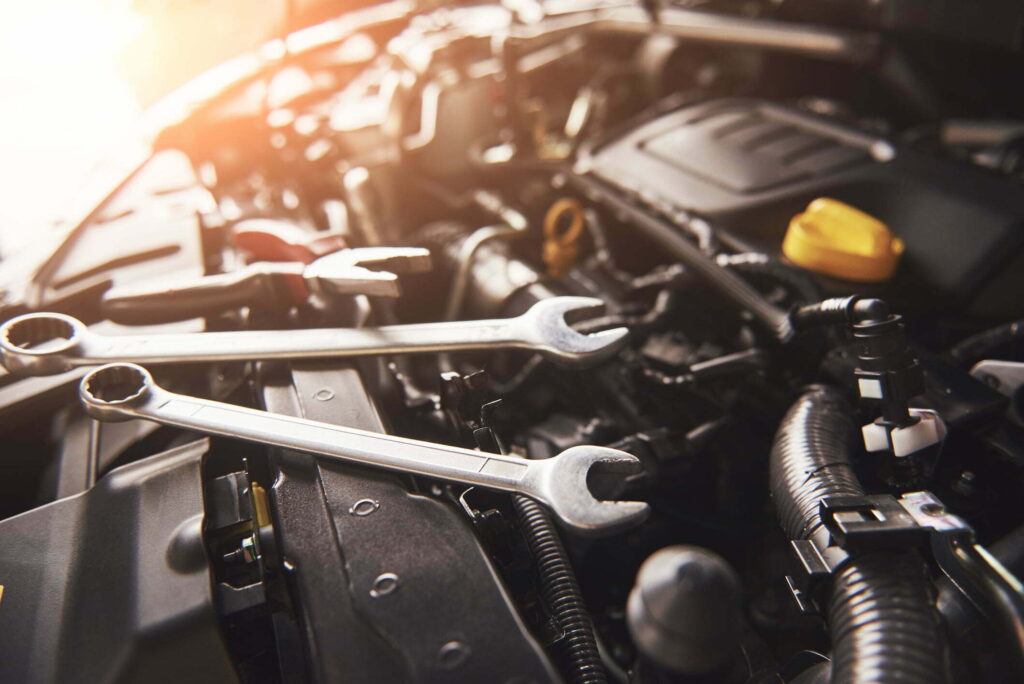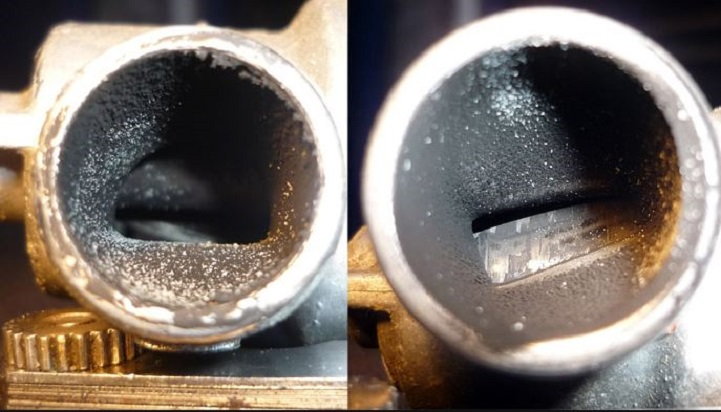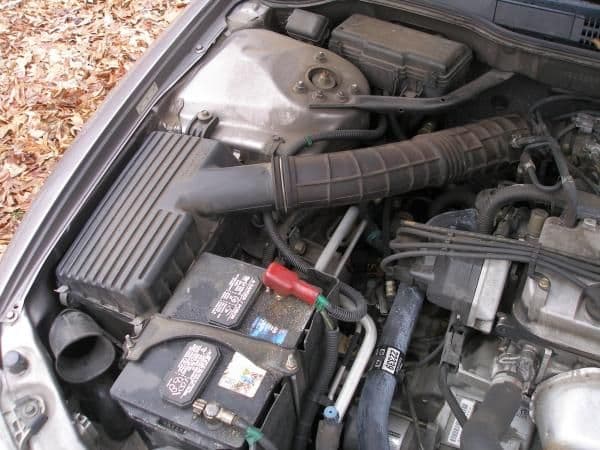This article delves into why your Car Stuttering When Idle and provides practical solutions to resolve this issue. From faulty spark plugs to clogged fuel injectors, we explore various potential causes and offer tips on addressing them. By understanding these common issues, you can effectively prevent further damage to your vehicle and ensure smooth driving experiences.
Why is My Car Stuttering When Idle?
Is it Due to Faulty Spark Plugs?
One of the primary reasons why your car may be stuttering when idle is due to faulty spark plugs. Spark plugs play a crucial role in igniting the air-fuel mixture in the combustion chamber, allowing your engine to run smoothly. However, spark plugs can wear out over time, causing misfires and rough idling. If you notice your car stuttering when idle, it may be time to check and replace your spark plugs. This simple maintenance task can significantly improve your vehicle’s performance and fuel efficiency.
In addition to spark plugs, issues with the ignition system, such as a faulty ignition coil or distributor, can also lead to idle stuttering. If you suspect that your ignition system may be the culprit, it’s best to have it inspected by a professional mechanic.

Could Clogged Fuel Injectors be the Issue?
Another common cause of idle stuttering is clogged fuel injectors. Fuel injectors are responsible for delivering the right amount of fuel into the combustion chamber, ensuring that your engine runs smoothly. However, dirt, debris, and other pollutants can build up in the fuel injectors over time, leading to clogs and poor fuel delivery. If your car is stuttering when idle, it may be worth cleaning or replacing your fuel injectors to improve engine performance.
In some cases, using a fuel injector cleaner can help dissolve built-up deposits and restore proper fuel flow. Regularly maintaining your fuel injectors can prevent idle stuttering and prolong the life of your engine.
Is a Dirty Air Filter to Blame?
A dirty air filter can also contribute to car stuttering when idle. The air filter prevents dust, dirt, and other contaminants from entering the engine and disrupting the combustion process. If the air filter becomes clogged, it can restrict airflow to the engine, causing rough idling and decreased performance. To remedy this issue, simply replace your air filter with a new one. Regularly replacing your air filter can improve engine efficiency and prevent idle stuttering.
Could a Faulty Oxygen Sensor be Causing the Problem?
A faulty oxygen sensor can also cause your car to stutter when idle. The oxygen sensor measures the amount of oxygen in the exhaust gases, allowing the engine control module to adjust the air-fuel mixture for optimal combustion. However, if the oxygen sensor malfunctions, it can send incorrect signals to the engine, leading to poor fuel economy and rough idling. If you suspect that your oxygen sensor is the culprit, have it inspected and replaced by a qualified technician.
Keep in mind that a faulty oxygen sensor can also trigger the check engine light to illuminate your dashboard. Ignoring this warning sign can result in further damage to your engine and other components.

Is a Dirty Throttle Body Causing Idle Stuttering?
A dirty throttle body can also be a potential cause of idle stuttering in your car. The throttle body regulates the amount of air entering the engine, allowing for smooth acceleration and idling. However, if the throttle body becomes dirty or clogged with carbon deposits, it can obstruct airflow and disrupt engine performance. To address this issue, consider cleaning the throttle body with a specialized cleaner to remove any buildup. Regular maintenance of the throttle body can help prevent idle stuttering and ensure optimal engine operation.
Could a Vacuum Leak be the Culprit?
A vacuum leak is another common reason why your car may be stuttering when idle. The vacuum system plays a crucial role in maintaining proper air and fuel mixture in the engine. If there is a leak in the vacuum lines or hoses, unmetered air can enter the combustion chamber, leading to rough idling and decreased performance. To locate and repair a vacuum leak, conduct a visual inspection of the vacuum lines and hoses for any cracks, breaks, or leaks. Sealing or replacing damaged components can help restore proper engine function and eliminate idle stuttering.
Conclusion
Car stuttering when idle can be a frustrating issue to deal with, but by understanding the common causes and solutions outlined in this article, you can effectively address the problem and ensure smooth driving experiences. Whether it’s faulty spark plugs, clogged fuel injectors, or a dirty throttle body, regular maintenance and prompt repairs can help prevent idle stuttering and optimize your vehicle’s performance. By staying proactive and attentive to your car’s needs, you can enjoy reliable and efficient driving for years to come.
FAQs
1. Why is my car stuttering only when idling?
Stuttering when your car is idle can be caused by a variety of issues, such as faulty spark plugs, clogged fuel injectors, a dirty air filter, or a faulty oxygen sensor. It’s essential to diagnose the specific cause to address the problem effectively.
2. How can I prevent my car from stuttering when idle?
To prevent idle stuttering in your car, it’s crucial to adhere to regular maintenance schedules, such as replacing spark plugs, cleaning fuel injectors, and changing air filters. Keeping your vehicle well-maintained can help prevent common issues that lead to idle stuttering.
3. Should I attempt to fix idle stuttering issues myself?
While some maintenance tasks, such as replacing air filters or spark plugs, can be done by DIY enthusiasts, complex issues like diagnosing a faulty oxygen sensor or repairing a vacuum leak may require the expertise of a professional mechanic. It’s essential to assess your skill level and seek help when needed.
4. How often should I clean my throttle body?
Cleaning your throttle body should be part of your regular maintenance routine. Depending on your driving habits and vehicle usage, aim to clean your throttle body every 30,000 to 50,000 miles to prevent carbon buildup and ensure optimal engine performance.
5. Can idle stuttering cause long-term damage to my car?
If left unaddressed, idle stuttering can potentially lead to long-term damage to your car’s engine and other components. It’s essential to diagnose and resolve the issue promptly to prevent further issues and maintain the overall health of your vehicle.

















